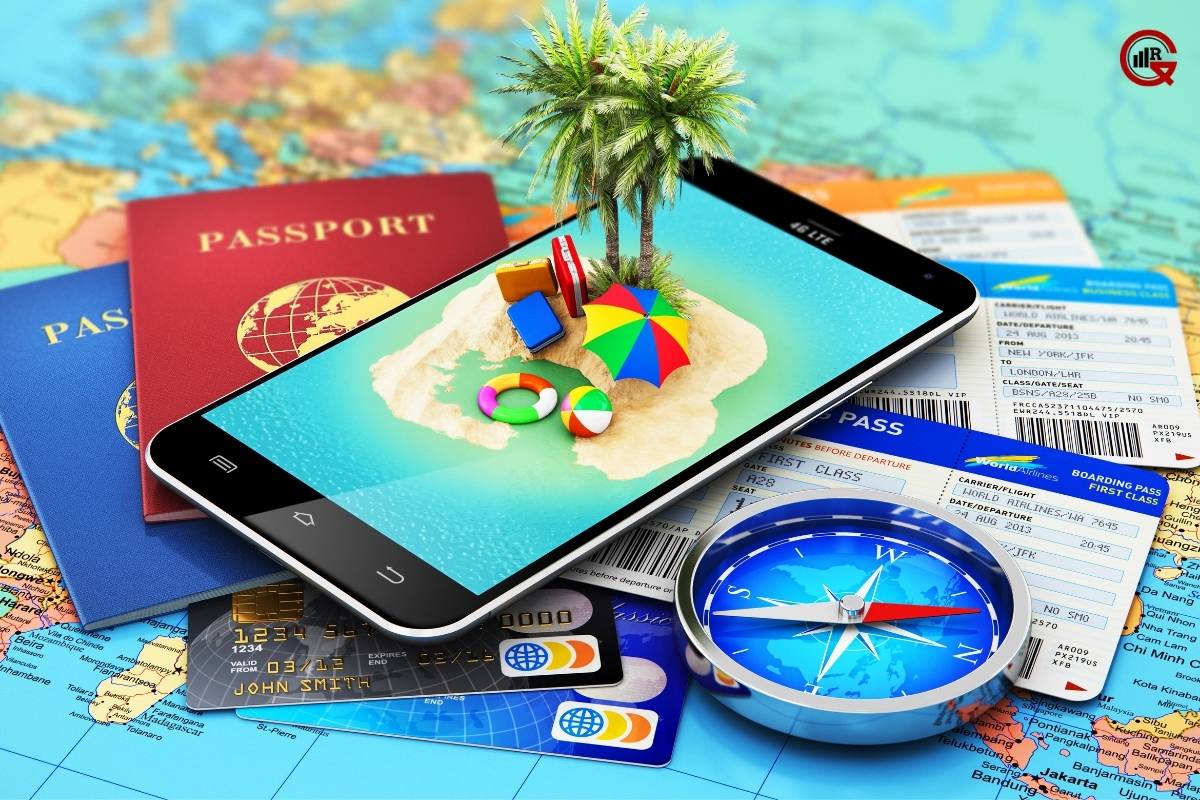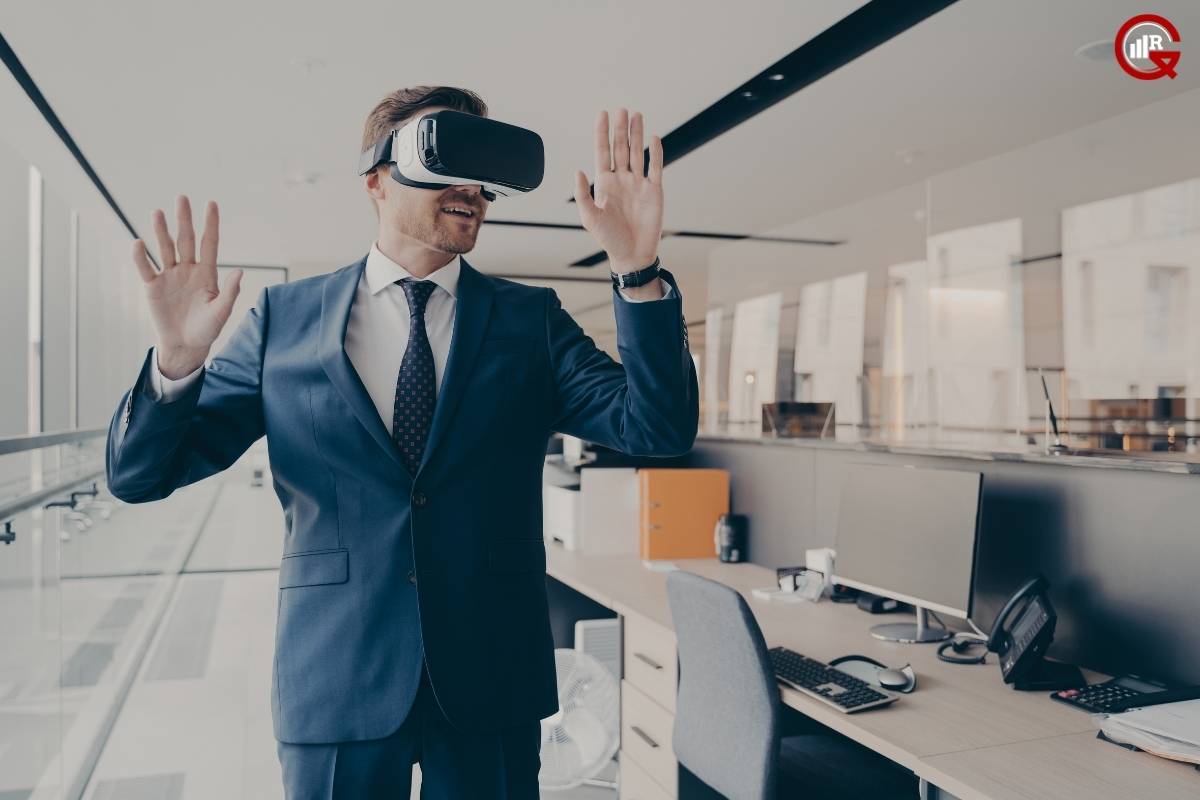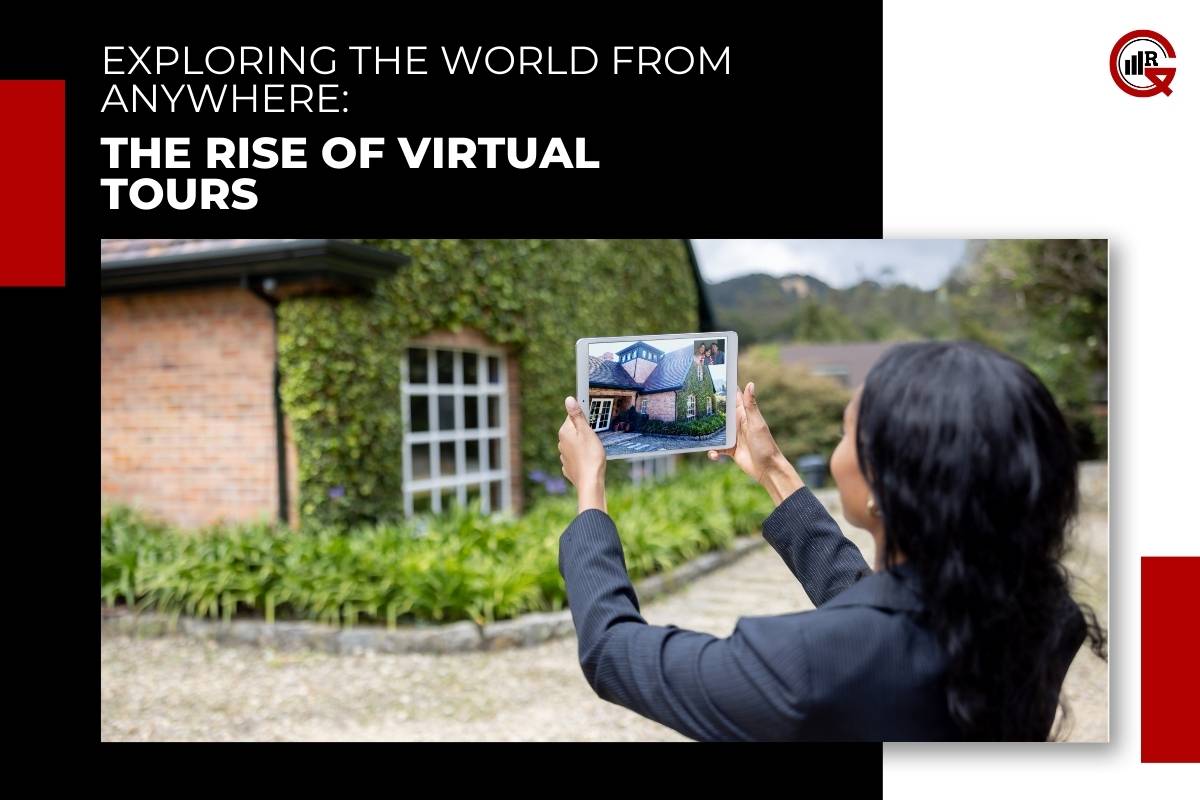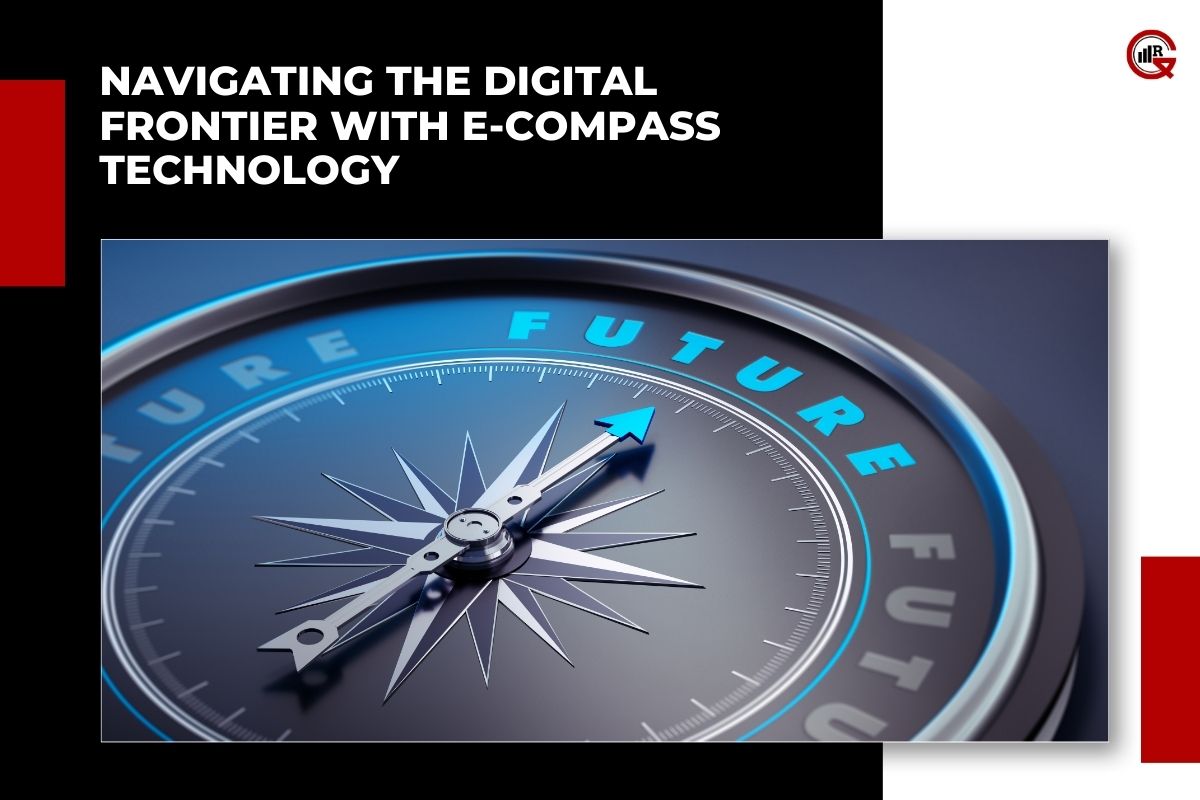In today’s digitally connected world, the way we experience and interact with our surroundings has undergone a significant transformation. One of the most notable advancements in this regard is the concept of virtual tours, which allows individuals to explore real-world locations from the comfort of their homes or offices. From iconic landmarks to immersive museum exhibits, online tours offer a compelling alternative to traditional travel, providing users with an enriching and interactive experience that transcends physical boundaries. In this article, we delve into the phenomenon of virtual tours, examining its benefits, applications, and impact on the way we perceive and engage with the world.
Understanding Virtual Tours
A virtual tour is a multimedia simulation of an existing location, typically comprised of a series of panoramic images, videos, and interactive elements. These tours are accessible through various platforms, including websites, mobile apps, and virtual reality (VR) headsets, allowing users to navigate through different spaces and explore points of interest in a highly immersive manner. Virtual trips can range from simple 360-degree panoramas to fully interactive experiences featuring audio narration, historical information, and interactive hotspots.
The Benefits of Virtual Tours
Accessibility: One of the most significant advantages of online tours is their accessibility. Regardless of physical limitations or geographical constraints, users can access and explore virtually any location with an internet connection. This accessibility makes virtual trips particularly valuable for individuals with disabilities or mobility restrictions, enabling them to experience places they may not otherwise have access to.
Convenience: Virtual trips offer unparalleled convenience, allowing users to explore destinations at their own pace and convenience. Whether it’s a busy professional seeking a quick getaway during a lunch break or a family planning their next vacation, virtual trips eliminate the need for travel logistics and time-consuming planning, providing instant access to a wide range of destinations and attractions.

Cost-Effectiveness: Traditional travel can be expensive, requiring expenditures on transportation, accommodation, and other expenses. Online tours offer a cost-effective alternative, allowing users to experience destinations without the financial burden associated with physical travel. This affordability makes fake tours an attractive option for budget-conscious travelers and educational institutions seeking to enhance learning experiences without incurring additional costs.
Educational Value: Virtual trips are not only entertaining but also educational, offering valuable insights into history, culture, and geography. Many virtual trips include informative captions, audio guides, and supplementary materials that provide context and background information about the locations being explored. This educational aspect makes virtual trips an invaluable tool for students, teachers, and lifelong learners looking to broaden their horizons and deepen their understanding of the world.
Environmental Sustainability: By reducing the need for physical travel, virtual trips contribute to environmental sustainability by minimizing carbon emissions and environmental impact associated with transportation. In an era marked by growing concerns about climate change and ecological preservation, virtual trips offer a more eco-friendly way to experience the world without contributing to environmental degradation.
Applications of Virtual Tours
Travel and Tourism: Online tours have revolutionized the travel and tourism industry, allowing travelers to preview destinations, hotels, and attractions before making booking decisions. Travel agencies, hotels, and tourist destinations leverage tours as a marketing tool to showcase their offerings and attract visitors from around the world.

Real Estate: Virtual tours have become an indispensable tool for the real estate industry, enabling prospective buyers and tenants to tour properties remotely. Real estate agents use virtual trips to create immersive property listings that provide an accurate representation of the space, helping clients make informed decisions without the need for in-person visits.
Cultural Institutions: Museums, galleries, and cultural institutions have embraced virtual trips as a means of expanding their reach and engaging audiences beyond their physical locations. Virtual museum tours allow art enthusiasts and history buffs to explore collections and exhibits from renowned institutions around the world, fostering cultural exchange and appreciation.
Education and Training: Virtual trips are increasingly being used in educational settings to enhance learning experiences and facilitate remote instruction. Teachers can take students on virtual field trips to historical sites, natural wonders, and cultural landmarks, providing immersive learning opportunities that complement traditional classroom instruction.
Commercial Spaces: Businesses use online tours to showcase commercial properties such as office spaces, retail stores, and event venues. Online tours enable potential tenants and clients to visualize the layout and features of a space, facilitating leasing agreements and event planning processes.
The Future of Virtual Tours

As technology continues to advance, the future of virtual trips holds even greater promise. Innovations such as augmented reality (AR), artificial intelligence (AI), and 3D modeling are poised to further enhance the immersive capabilities of virtual trips, offering users more interactive and personalized experiences. Furthermore, the integration of virtual tours with social media platforms and e-commerce channels will enable businesses to reach wider audiences and drive customer engagement.
Conclusion
Virtual tours have emerged as a powerful tool for exploration, education, and entertainment, offering users the ability to experience the world in new and immersive ways. With their accessibility, convenience, and educational value, virtual tours are transforming industries ranging from travel and tourism to real estate and education. As technology continues to evolve, virtual tours will play an increasingly integral role in how we discover, learn about, and engage with the world around us, opening up endless possibilities for exploration and discovery. Whether it’s embarking on a virtual journey to a distant land or exploring the depths of a historical monument, virtual trips invite us to expand our horizons and experience the wonders of the world from anywhere, at any time.






